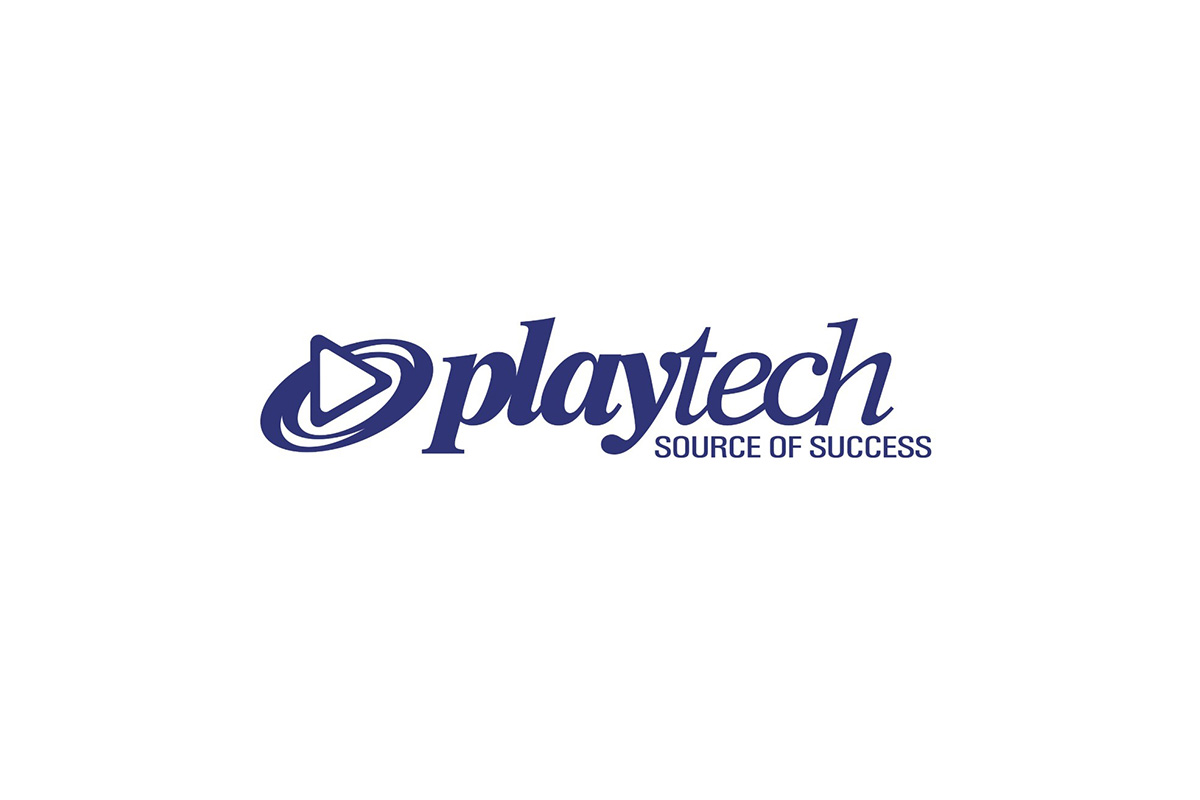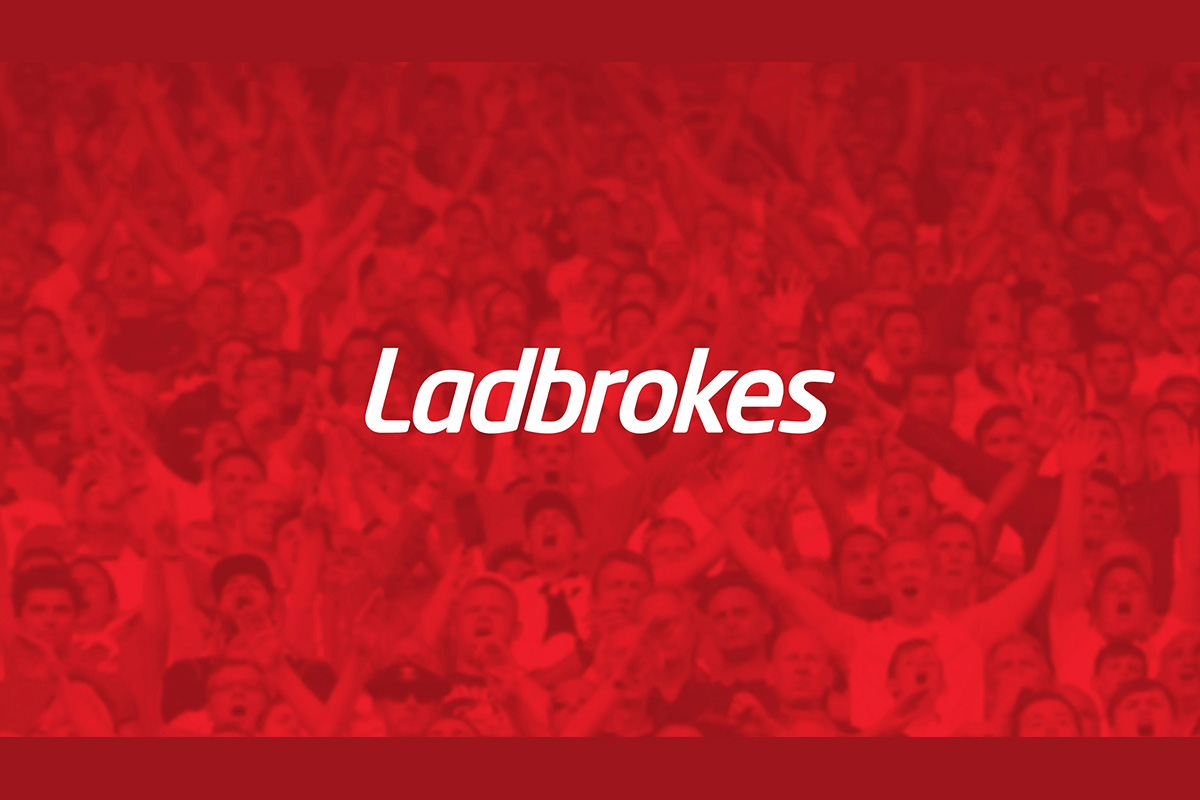Latest News
Gaming Americas Q3 Meetup: Gaming Insights with Segev LLP
The Gaming Americas Quarterly Meetups by Hipther Agency are designed to keep you up-to-date with what is fresh in the North American and Latin American gambling industry.
The meetups feature several panel discussions per region and topics that are joined by key industry experts, CEOs, C-Level Executives, Business Development Managers, and sometimes government officials/regulators.
The Gaming Americas Q3 Virtual Meetup that took place on September 13 presented an in-depth exploration of US gambling legislation, featuring the latest edition of the ‘Gaming Insights with Segev LLP’ and the ‘US Legislation Round-up’, while the last session delved into the world of AI and the challenges it poses in the iGaming sector.
Session 1: ‘Gaming Insights with Segev LLP’
Speaker: Negin Alavi, lawyer at Segev LLP
Watch the Session on YouTube and HiptherTV!
Negin Alavi, a distinguished lawyer at Segev LLP, took the virtual stage during the ‘Gaming Insights with Segev LLP’ session, setting the tone for a captivating discussion on the evolving legal landscape of gaming and betting.
Kicking things off, Negin provided a brief overview of Segev LLP and its international operations spanning Canada, the United States, and China. This global presence underscores the firm’s commitment to addressing legal challenges and opportunities across borders. With this foundation in place, Negin delved into the heart of the matter: a comprehensive review of the current gaming and betting laws that shape the industry.
Intriguingly, Negin also explored the potential transformative effects of the proposed alterations outlined in Canadian Bill S-268. This bill, titled “An Act to Amend the Criminal Code and the Indian Act,” carries the promise of redefining the Canadian gaming and betting legal landscape.
Before delving into the legal intricacies, Negin took a moment to acknowledge the significance of her location. She presented her insights from Vancouver, situated on the unceded, ancestral, and traditional territory of the Musqueam Squamish and Tsleil-Waututh nations. This acknowledgment was twofold: a mark of respect for the indigenous peoples who steward these lands and a recognition that discussions about Canadian law, particularly those concerning indigenous peoples, are imbued with profound implications.
The current legal landscape in Canada revolves around the Criminal Code, the primary piece of legislation governing gaming and betting. Under this federal legislation, gaming and betting are generally illegal, with certain exceptions, notably lotteries. Negin emphasized that gaming, as defined by the Gambling Law, comprises three fundamental elements: consideration (the bet or wager of money), chance, and a prize. Even when games blend skill and chance, they are still categorized as games of chance in Canada.
Provinces possess the authority to enact gaming legislation within their borders, and even operate in partnership with offshore gaming operators, as seen in Ontario’s new iGaming regime. However, altering the Criminal Code, a federal statute, is beyond their unilateral reach. Despite this federal oversight, recent legal reforms have significantly shaped Canadian iGaming. Single-event sports betting became legal in August 2021, and Ontario launched its established iGaming Regime in April 2022.
Before these changes, Provinces were constrained to offering parlay betting, leaving offshore operators to fill the void in single-event (and live) betting. Now, with the legalization of single-event betting, any Province can oversee it. Ontario, being well-positioned, promptly launched its iGaming regime, now in competition with unregulated offshore offerings. This shift has allowed legally registered iGaming operators to provide their catalog to Ontario consumers, who spend nearly a billion CAD on online gambling. It’s a move toward embracing private operators rather than battling against them.
However, it’s essential to recognize the context: many Canadian companies were pioneers in the early days of iGaming, but due to regulatory limitations, they relocated offshore. These legal reforms may signal a return to Canada’s true potential in the iGaming sector.
The implications extend beyond economics. The Ontario Government stands to gain substantial tax revenues, which were once lost to unregulated operators. With these reforms in place, the iGaming industry in Canada is poised for better regulation, emphasizing consumer protection, responsible gaming, and job creation.
Turning our attention to the future, Negin provided a compelling overview of the impending changes in Canada’s legal landscape. At the forefront stands Bill S-268, poised to terminate provincial governments’ monopoly on lotteries.
To facilitate the discussion, Negin illuminated the legal distinction between indigenous peoples and First Nations. While indigenous peoples encompass all of Canada’s original peoples and their descendants, a First Nation is an officially recognized group under the Canadian Federal Government’s administrative unit, governed by the Indian Act. Importantly, Bill S-268 proposes to amend this very act.
The Indian Act, originally enacted in 1876, has a complex history marked by efforts to assimilate indigenous peoples and numerous discriminatory provisions. While some of these provisions have been removed, the act still wields a substantial influence over indigenous peoples’ lives today.
The proposed changes in Bill S-268 are ambitious and far-reaching. Its preamble is particularly noteworthy, as it outlines the legal foundation for these changes. Negin read the preamble aloud, emphasizing the recognition of indigenous and treaty rights, including their rights to regulate activities like gaming, betting, and lotteries on their lands.
This nuanced phrasing suggests that lawmakers are granting new rights to indigenous peoples while acknowledging that they already possess inherent treaty rights to oversee gaming, betting, and lotteries on their lands. The potential impact of this specific wording on Canada’s legal framework remains to be seen should Bill S-268 become law.
Moving on, Negin detailed the enforceable part of the bill, containing amendments that provide considerable flexibility to First Nations in managing lotteries. These amendments span charitable gaming licensing, fairs and exhibition gaming, amusement park lotteries, and the Terms & Conditions of licenses. In effect, these changes substantially narrow the scope of the current criminal code exceptions, representing a significant shift in Canada’s gaming laws. Importantly, it would mark the first time in Canadian gaming law that provincial governments would not need to be directly involved in for-profit gaming operations.
Summarizing, Negin pointed out the profound implications of this bill. If enacted, hundreds of First Nations could independently conduct and manage lotteries, each in accordance with their own laws. This change opens up a world of possibilities, not only in terms of revenue but also empowerment for indigenous peoples.
In conclusion, Bill S-268 stands as a transformative piece of legislation, promising to reshape the industry and empower indigenous communities. These discussions hold significance not just for the iGaming sector but for the broader Canadian legal landscape and its indigenous peoples.
As we eagerly await the unfolding of these legal developments, it’s clear that the gaming industry in North America is poised for significant changes, with potential benefits for all stakeholders.
Stay tuned for the next two insightful sessions of Gaming America Q3 Meetup, the US Legislation Round-up for Q3 and the hot AI issues in iGaming!
Watch the video of “Gaming Insights with Segev LLP” on YouTube & Hipther TV!
Latest News
Playtech: Appointment of Non-executive Director and Chairman Elect

The Board of Directors of Playtech, the leading platform, content and services provider in the online gambling industry, has announced that John Gleasure has been appointed to the Board with a view to his succeeding Brian Mattingley as Non-executive Chairman.
John joins the Board as an independent Non-executive Director and Chairman Elect, and is expected to assume the role of Chairman after Playtech’s annual general meeting in May 2025, at which time Brian will step down as Chairman and from the Board.
John brings 30 years of experience across the sports, media and technology sectors, in addition to relevant Board experience from a range of international companies. He currently serves as a Non-executive Director at DAZN Group, the leading global sports subscription service, and is a Non-executive Director (and previously Executive Chairman) at The Sporting News, a global digital publisher. John was a founder of Perform, a digital sports media business, growing it into a leading provider of live data and content to online betting groups before the business listed in 2011. John previously held leadership roles at Sky Sports, Hutchison 3G and Sony Pictures.
Brian Mattingley, commenting on the changes, said: “We are very pleased to welcome John to our Board as a new Non-executive Director and Chairman Elect. John’s significant experience and knowledge will be a tremendous asset for Playtech as it continues its transformation into a predominantly pure-play B2B business. I look forward to giving him every support during this period of transition.”
John Gleasure, commenting on his appointment, said: “I am delighted to be joining Playtech at such a pivotal moment in its history. Playtech is a unique and highly innovative business, underpinned by market-leading technology and relationships with the world’s leading gambling operators. I’m excited about the opportunities ahead, and I look forward to working with everyone at Playtech to drive forward its strategy and create further value for our shareholders.”
The post Playtech: Appointment of Non-executive Director and Chairman Elect appeared first on European Gaming Industry News.
Latest News
Ladbrokes to sponsor 2025 Thirsk Hunt Cup

Thirsk Racecourse has announced that Ladbrokes will sponsor the 2025 Thirsk Hunt Cup.
First run in 1859, the £50,000 mile handicap is Thirsk’s most prestigious race and highlight of Thirsk Hunt Cup Day on Saturday, May 3.
Ladbrokes is the biggest and best-known betting brand in the UK with over 1500 betting shops, a digital betting business and a long-standing association with horse racing dating back many decades.
The company boasts a strong sponsorship portfolio in horse racing, including Kempton Park’s Ladbrokes Christmas Festival, the Ladbrokes Chester Cup and the Ladbrokes Chase at the Dublin Racing Festival.
Ladbrokes also sponsors leading Jump trainer Dan Skelton, who writes a weekly blog as he bids to win the British Jump trainers’ championship for the first time.
Farhh is the most notable winner of the Thirsk Hunt Cup in recent years, taking the 2012 edition by six lengths before a memorable Group 1 double the following year in the Lockinge Stakes at Newbury and Ascot’s Champion Stakes.
Simon Clare, PR Director for Ladbrokes, said: “We are excited to sponsor such an iconic and prestigious race as the Thirsk Hunt Cup, and look forward to partnering with Thirsk Racecourse as we seek to strengthen our support and promotion of the sport.”
James Sanderson, Chief Executive and Clerk of the Course, said: “We are delighted to have Ladbrokes sponsoring the Thirsk Hunt Cup and its supporting programme in 2025. The £50,000 Ladbrokes Thirsk Hunt Cup is an early Flat season highlight in the North and we are very grateful for Ladbrokes’ most valued support.
“Over the past 10 years, northern-based trainers have held a vice-like grip on the contest, with the notable exception of Mick Channon (and STORTING) in 2021. Thirsk always welcomes challengers from far and wide but taking the 2025 Ladbrokes Thirsk Hunt Cup down south will be no easy task.”
The post Ladbrokes to sponsor 2025 Thirsk Hunt Cup appeared first on European Gaming Industry News.
Latest News
Arturs Korolkovs, Media 24: “Radical Transparency Is Our Strategy”

We’ve recently sat down with Arturs Korolkovs, Head of Sales at affiliate marketing company Media 24, to talk about building long-term partnerships in iGaming, his approach to industry events, and key trends of the affiliate sector — from deal structures and listing fees to navigating increased competition.
When did you join Media 24 and how has your role evolved since then?
I joined the company in 2020, right in the middle of COVID. It was a time of big changes for a lot of people, both in work and in life. I was actually the company’s first employee, and together, we worked on launching our first website.
In the beginning, I had little formal experience in sales or partner management, so I was doing a bit of everything. Uploading content, editing videos, handling social media. But as the company grew, so did my role. Over time, I transitioned fully into partner management, starting as an account manager and working my way up to the Head of Sales.
You attend many conferences and industry events throughout the year. What are your main priorities and how do you measure success there?
In the early days, conferences were more like hunting. Pure acquisition mode, trying to get our name out there and sign initial deals. Now, it’s a far more strategic play. Maintaining relationships, gaining new insights, and staying ahead of industry trends. Conferences aren’t just about sales. It’s an opportunity to gather valuable information that helps both the company and my own professional growth.
How we measure success has shifted too. It’s not solely about the number of contracts signed right there and then, though we certainly track leads that convert into long-term partnerships. We evaluate success by asking: Did we meaningfully strengthen ties with our top-tier partners? Did we gain specific, actionable insights – perhaps about competitor moves or regulatory shifts that will impact our strategy? And did we initiate promising conversations that lay the groundwork for valuable, long-term collaborations? That deeper, strategic ROI is what defines a successful conference for us now.
What are the key factors you consider when deciding whether to start a partnership with a specific operator?
Beyond the obvious things like relevant GEOs and a strong product, the initial communication with the affiliate manager is a massive factor. Are they responsive? Do they communicate clearly? This is the person you’ll be working with long-term, so having a good connection is crucial.
And yes, reputation is critical. The industry is smaller than it looks. Over time, you build a network, and there’s always ways to ask around and get feedback about a brand.
What’s your approach to building long-term relationships with partners?
Radical transparency. We’re open about our traffic sources, our methods, and even potential challenges we foresee. And we expect the same from the operator. Hiding bad news does more harm than good in the long run.
Beyond that, it’s important to proactively add value. By sharing market insights, providing constructive feedback, and maintaining regular meaningful contact. It’s about creating a relationship where both sides feel invested in the other’s success. The more open and proactive the communication, the stronger the partnership.
A lot of affiliates are working with the CPA deals, others prefer Rev Share. What’s Media 24’s approach here and why?
Ideally, a hybrid model works best. But if I had to choose between CPA and Rev Share, I’d go with Rev Share. For SEO traffic, it’s the most effective and sustainable model in the long run. And it’s probably the fairest model for both sides of the deal.
CPA can be situationally useful. Maybe for testing a new, unproven GEO, or launching a new project. But if we’re talking about a long-term strategy and good traffic quality, Rev Share wins every time.
There’s a differing opinion about listing fees in the industry. What’s your take on this?
We see listing fees as a mechanism for building strong and sustainable partnerships. In most cases, especially with new partners, we prefer to work with listing fees. Look, when we onboard a new brand, we’re investing significant resources immediately. Creating content, SEO, traffic allocation — all that requires a budget. This happens before we see a single dollar in commission. And without any guarantees on performance, GEO stability, or long-term commitment from the operator.
At the same time, we always take a flexible approach. For trusted, long-term partners with a strong track record, we are open to alternative structures. It’s all about finding a setup that works for both sides and ensures mutual long-term growth.
How can affiliate marketing companies handle increased competition and what are the ways to stand out in the industry?
Quality over quantity. A lot of affiliates still focus on pumping out mass content, but that approach is becoming less effective. Today you seriously have to focus on product improvements and user experience. The best way to stand out is through strong branding, engaging content, and a clear value proposition.
Building long-term relationships with partners also plays a huge role. In a crowded market, reputation and the ability to collaborate strategically become powerful differentiators. At Media 24, we believe in growing together with our partners, and that long-term thinking continues to pay off.
The post Arturs Korolkovs, Media 24: “Radical Transparency Is Our Strategy” appeared first on European Gaming Industry News.
-

 Press Releases4 weeks ago
Press Releases4 weeks agoGraffiti Rush marks PG Soft’s debut in graffiti-themed slots
-

 Latin America3 weeks ago
Latin America3 weeks agoPaysecure expands reach across LATAM, showcasing solutions at SIGMA Americas
-

 Amusnet3 weeks ago
Amusnet3 weeks agoAmusnet to Participate in the Third Edition of SiGMA Americas
-

 Australia4 weeks ago
Australia4 weeks agoGaming Compliance Checks Underway Across Regional NSW
-

 Africa3 weeks ago
Africa3 weeks agoSpringbok Casino is Offering 25 Free Spins in Honour of South Africa’s Top 5 Wild Egg Hunters
-

 Compliance Updates4 weeks ago
Compliance Updates4 weeks agoBigpot Gaming Secures Prestigious Malta Gaming Authority (MGA) License
-

 Balkans4 weeks ago
Balkans4 weeks ago7777 gaming partners with LiveScore to elevate its new operations in Bulgaria
-

 Baltics2 weeks ago
Baltics2 weeks agoPlayson powers ahead in Europe with Fenikss partnership




























